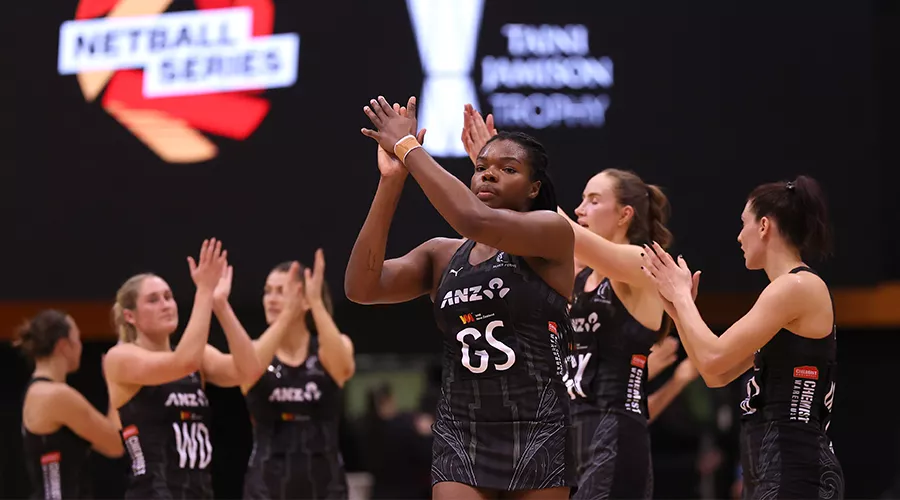Netball is finally entering a new era.
Previously a sport where professional (or more often semi-professional) opportunities were limited to those in your home country, the game played by more than 20 million people internationally is finally progressing towards a new era with worldwide player movement.
In 2026, there will be 21 international players, including Tonga’s Uneeq Palavi and the injured Jamaican Jodi-Ann Ward, contracted to Suncorp Super Netball clubs, marking a record high.
There will also be more than 10 Australian players plying their trade in rival leagues, including former Swifts pair, Sophie Fawns and Lili Gorman-Brown, as well as highly touted youngsters Charli Filder and Emily Andrew.
While there has been growing resentment amongst the netball community for SSN club’s preferring ready-made internationals ahead of younger Australian prospects, former Melbourne Vixens and Australian Diamonds champion Bianca Chatfield is all for it.
“I’m a big fan of it,” Chatfield said of the recent signing trends.
“It’s the growing professionalism of the game, and the stronger all the countries and the competitions are, the better it is for netball.
“For too long players have waited for opportunity to present itself, but you only have a finite amount of time where you can be an elite athlete.
“It’s good the UK and New Zealand are able to offer opportunities where players can afford to go over there, get looked after and continue to develop.
“Or vice versa for those players who come over here for SSN and then go back to your home country and use it to your advantage internationally.”
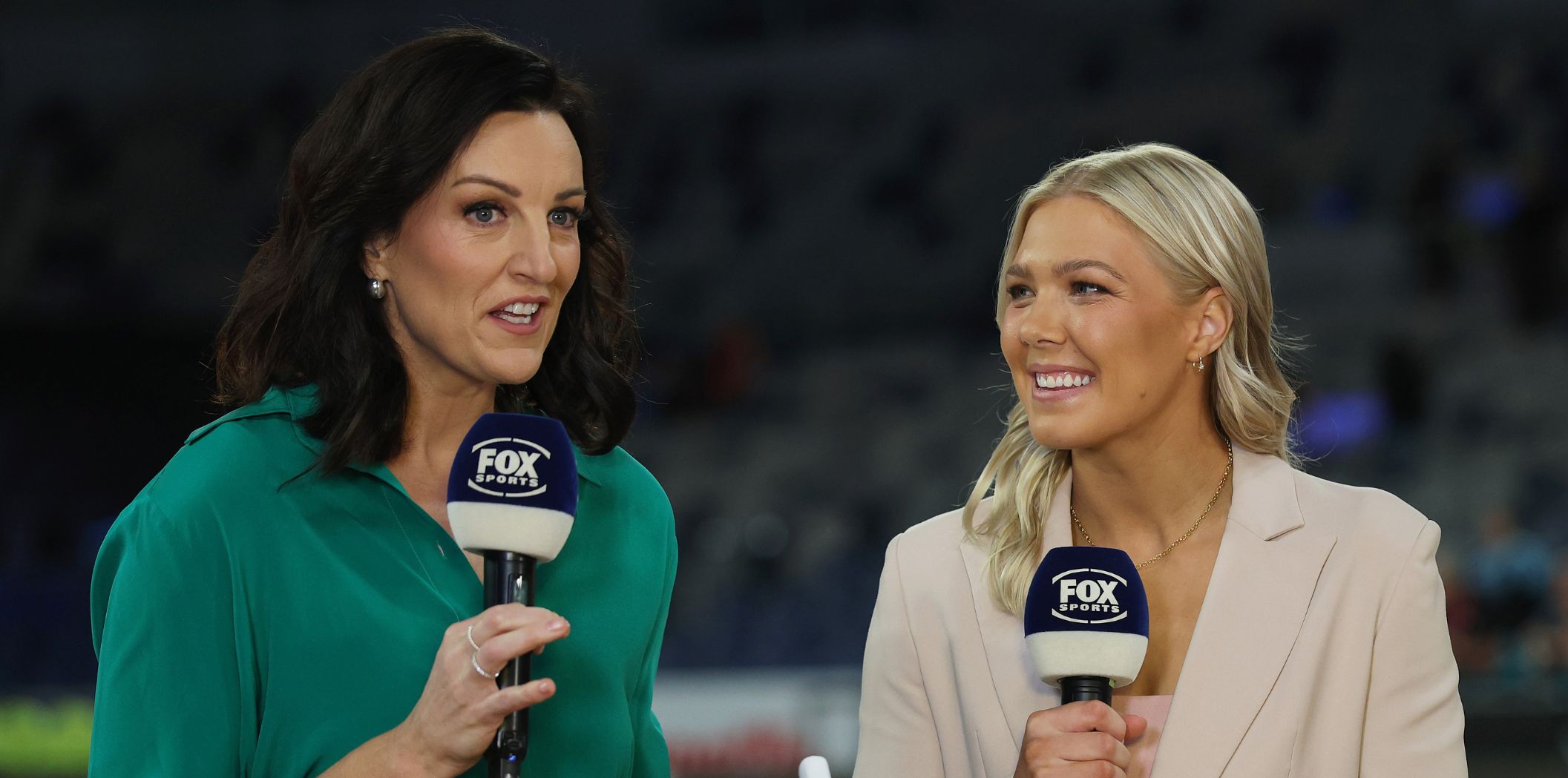
Bianca Chatfield welcomes the new wave of globalisation in netball.
In fact, Chatfield believes this is just the start of something bigger.
The leading Fox Netball commentator and pundit is of the opinion the sport should be taking inspiration from football (soccer), where players move from club-to-club midway through the season.
“The more we think about things like this, the more it challenges people to think about the game,” Chatfield stated.
“There has to be an opportunity during the season to have a trade period.
“You might be down and out with injuries, or you might be struggling with the Super Shot, then imagine being able to bring in a long-range shooter halfway through the season if there’s one who isn’t being used by another team?”
Chatfield also believes there are lessons to be learned from another leading global sport in cricket, where the T20 circuit allows players to play in multiple competitions (i.e. BBL, IPL, CPL etc) all year round to help maximise their earning potential, even if they are not necessarily in the picture for national team selection.
“Imagine if the UK competition and the New Zealand competition happened at a different time of year and players could actually sign a contract here in Melbourne and then go across to the UK and it became a bit more like an IPL setup,” Chatfield said.
“We will get to the stage where if you’re a Super Shot specialist and that’s your big strength, then you can go over to the UK and New Zealand and earn some money.
“Why not, why wouldn’t we look at things like that?”
The catalyst for this conversation, and many others like it, was the decision by Netball New Zealand (NNZ) to remove its somewhat controversial eligibility rule and enable more freedom of movement for its high calibre players.
The rule, scrapped in July this year, stated that players had to play 100 or more tests for the Silver Ferns before being able to play in an international competition and remain part of the Silver Ferns set-up.
Since the removal of the rule, seven big name Kiwi players, including the likes of Jane Watson and Kelly Jackson, have joined the SSN and their national teammate Grace Nweke.
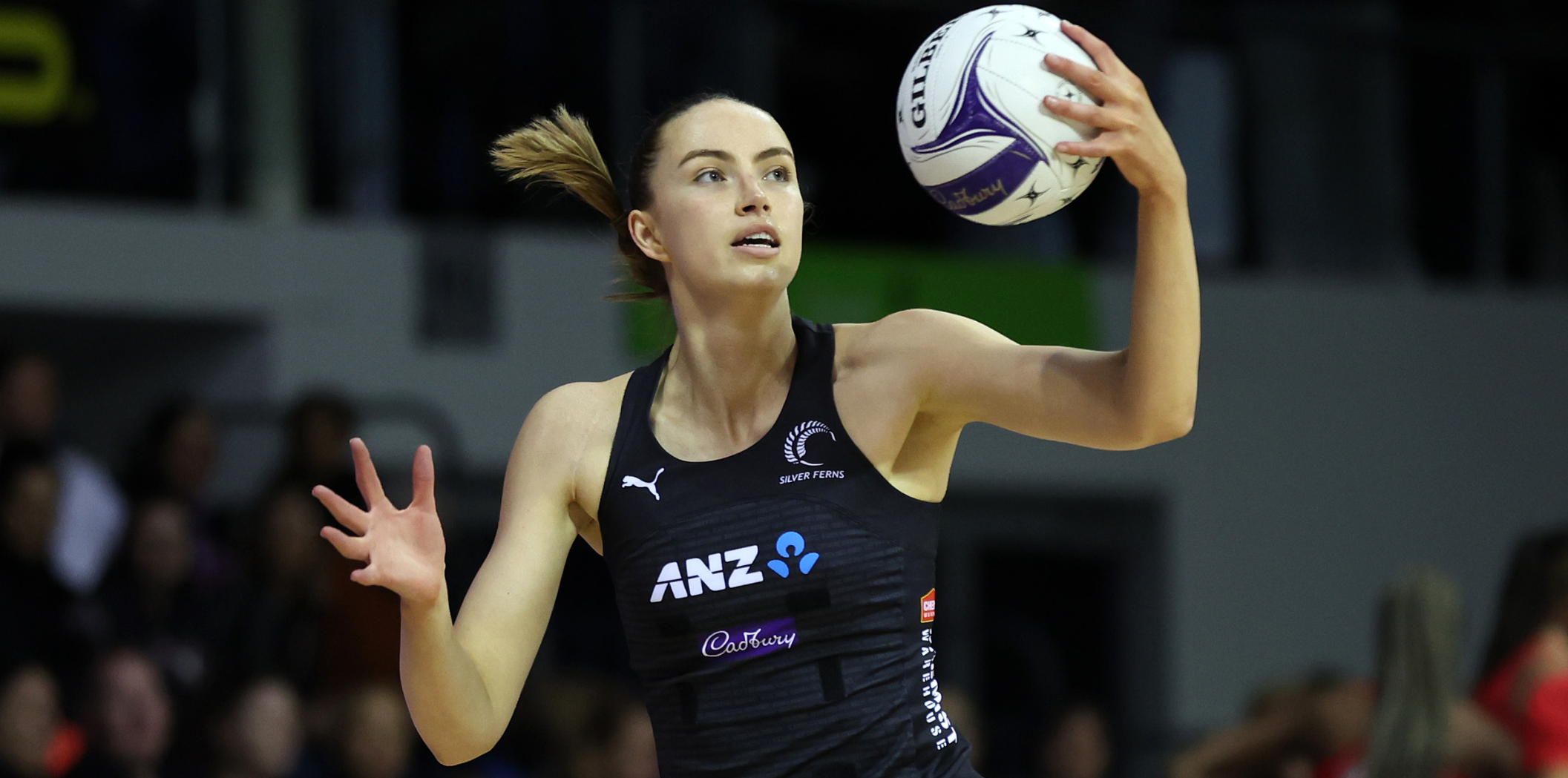
Kelly Jackson has signed with the Queensland Firebirds.
Chatfield said she understands why NNZ had kept the previous eligibility rule in place but believes the Silver Ferns will benefit in the long run from the relaxation of the rule.
“I understand why they had the rule from a broadcast perspective, because they wanted all their best players playing there, but I think ever since the separation of the ANZ Championship, they’ve realised how much they were missing out on not having any of the Australian talent over there, and not having a significant number of teams,” Chatfield said.
“Seeing Grace (Nweke) come over here and the impact she’s had on the league, but also the development in her own game, plus the number of Jamaicans out here and the way it has really helped them internationally, they (NNZ) kind of had to come along to the party.”
Chatfield herself is looking forward to seeing what each of the incoming Kiwis bring to the SSN in 2026.
“I’m excited to see what these (Kiwi) players do,” Chatfield stated.
“A New Zealand player, in amongst a group of Australian players is going to be an interesting mix, to see how they can fit in and how they can craft their game to the ‘Australian’ way.
“Laura Langman was a perfect example.
“When she went to the Swifts and started playing, it took her a while to find her feet, even though she was a phenomenal athlete, it took her a while to get up to speed with the way we played.”
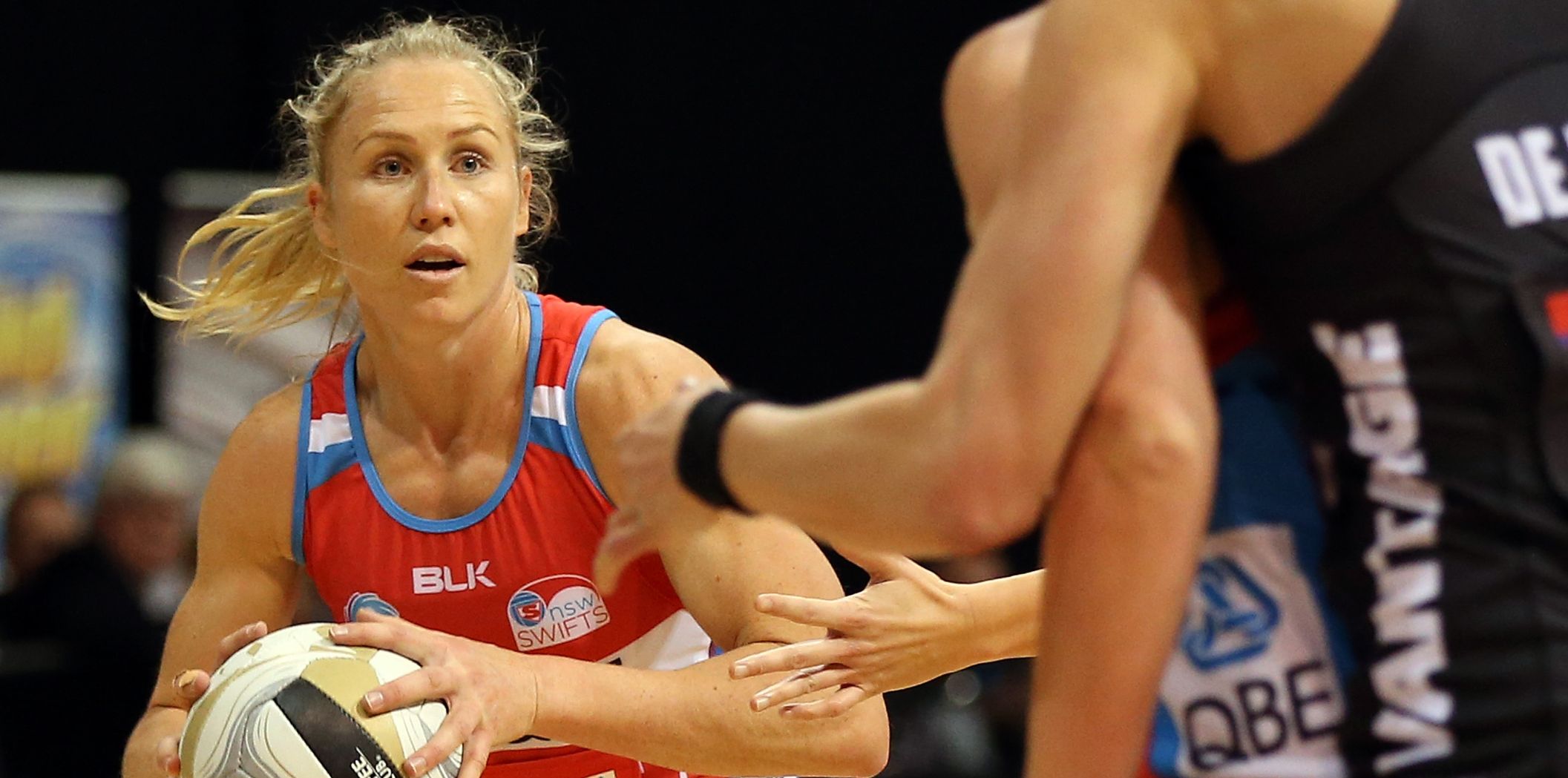
It took Laura Langman sometime to find her feet on Australian shores.
The main sticking point for those against the influx of international talent into the SSN, is the worry the lack of court time for young Australians will have ongoing negative effects on the performance of the Diamonds in years to come.
Chatfield believes the future performance of the national team should not rest on the shoulders of the SSN clubs, who are rightfully doing everything in their power to be their best.
“I understand how important the Australian pathway is for the Diamonds, but if our sport is going to continue to grow, it has to be Netball Australia’s place to work on what the Diamonds pathway looks like, I don’t think it’s the Super Netball team’s responsibility,” Chatfield said.
“There are places they can collaborate, you’re obviously sharing similar athletes and making sure you’re looking after them in that capacity, but I think we’re going to leave ourselves a big hole if we don’t embrace all the international players.
“You have to find a way to bring in elite players, and sometimes it will be at the detriment to Australian players in the pathway, but it also gives Australian players a chance to be better.
“The Diamonds, even though we talk about the lack of Australian shooting options in the Super Netball, still win.

Despite worries Australian netball is going backwards, the Diamonds continue to win.
“Yes, it puts more pressure on Stacey Marinkovich, but she’s a full-time coach, so potentially a lot of her time away from the team will be spent, like it is now, with the players who are coming through the pathway, who she needs to be up to speed and ready to go, when called upon.”
One thing those opposed to this new wave of international player movement have failed to recognise is the increased playing opportunities young Australian talent have in the modern age.
A combination of improved overseas playing conditions, growing commercialisation of the sport and the younger cohort’s willingness to take a risk on themselves and leave the creature comforts of home, have contributed to this new global ecosystem and more importantly, more court time.
“When you talk about this generation of athletes right now, they want everything now and they’re happy to move around to earn their money and to be able to do what they want to do, to make the most of their chance of being an athlete,” Chatfield explained.
“They’re not going to sit around and play the loyal game, if it’s not going to work out in their favour, or if they’ve got no promises.
“You have to be on court, you have to build your own kind of skillset and confidence, and by playing overseas in different competitions, you get to build your craft against a new style of play which is only going to benefit you down the track.”
Chatfield believes the new global netball ecosystem will ensure netball doesn’t lose talented athletes due to a lack of opportunities in their own country.
“Sharni Lambden is a perfect example of a player who we nearly lost to the elite game, because she sat in the training partner position for so long,” Chatfield stated.
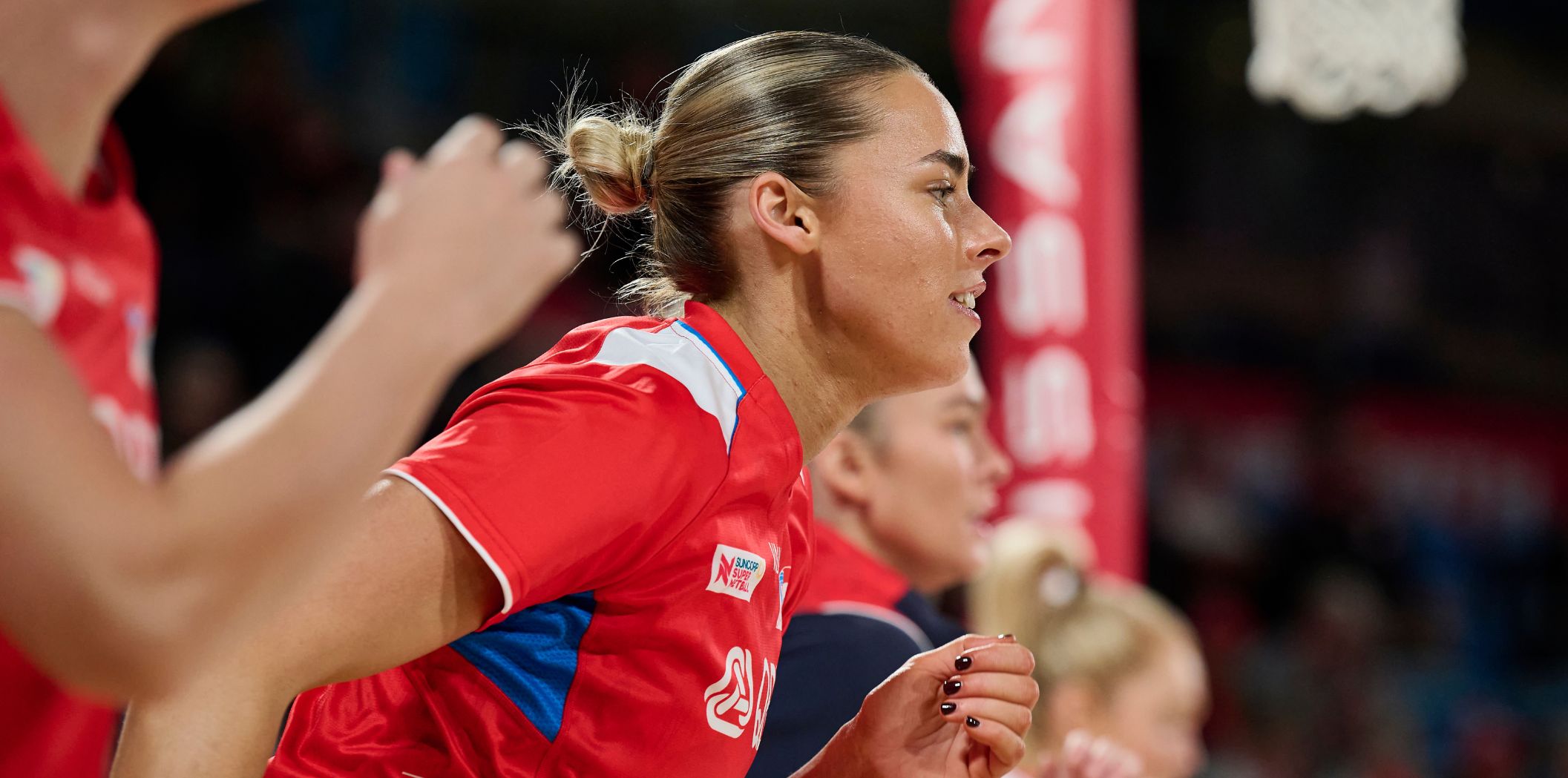
Chatfield believes players like Sharni Lambden could be lost to the game, if they aren't encouraged to seek opportunities overseas.
“Eventually she got enough time on court, but she was ready to give it away, because she couldn’t continue to sit in a training partner role, where you get paid very minimal, and you just don’t get elevated.
“So, I think players (like Lambden) are better off playing (overseas), better off being on court and giving it a crack while they can.
“You get a completely different experience, exposure to different people with different connections, networks, coaches, whatever it may be.
“It’s the way forward.
“If you can do it, and it fits into your lifestyle, you’ve got to go for it.”
Article: Netball Australia

